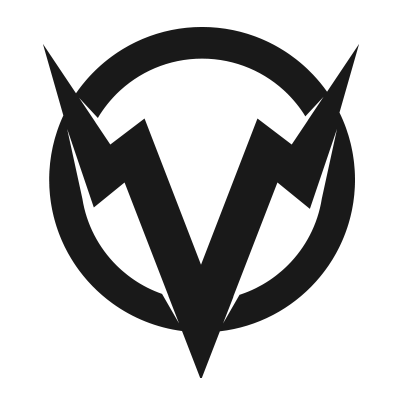As many rounds as possible in 12 minutes of:
6 Burpees
12 Toes-to-Bar
Post results to comments and BTWB.
How Do Muscles Get Bigger? ~ Luke Palmisano
Sounds simple enough, right? If you work out, lifts weights, you get swole. It’s just… what happens, right? Your hugeness grows to bounds previously unknown. But how? Oddly enough, something that each of us can see happening to our bodies when we lift weights has conceived many different theories as to why our muscles grow. Here are a few.
- The blood overcirculation hypothesis suggests that increased blood circulation in working muscles stimulates muscle growth. However, it has been found that blood flow, while important in delivering nutrients to the body, does not stimulate protein synthesis.
- The muscle hypoxia hypothesis says that because of strenuous exercise, there is a deficiency of blood and oxygen to the muscles, and that this deficiency triggers protein synthesis in the body as a response to the vigorous exercise. Unfortunately research has shown that it is not the hypoxic state that causes muscle generation. Swimmers are an example. They operate in oxygen deficient conditions, but do not have the hugeness you would normally think of when you think of someone who is really huge.
- The ATP debt theory suggests that the body has a decreased level of ATP after a workout, and that the subsequent replenishing of ATP leads to muscle growth. Again, however, research has shown that ATP levels do not change, regardless of activity level.
- Finally, a fourth theory that seems to have more merit is the energetic theory of muscle hypertrophy. It says that during exercise, muscle is catabolized (broken down) faster than it can be anabolized (replenished). Due to that, post-workout amino acid levels in the blood rise to catch up the degradation of muscles. So, during a workout, protein levels decrease, and after the workout, protein synthesis is greatly increased above resting values. This repeated process may result in the above-normal compensation of protein, which leads to muscle growth.
Regardless of what causes muscle growth, remember this principal: volume (the total number of reps performed) and intensity (your muscular exertion) equals muscular growth.
This information is referenced from the book Science and Practice of Strength Training, written by Vladimir M. Zatsiorsky and William J. Kraemer
A couple of extra notes…
- A quick reminder that if you are participating in the nutrition program, you must have it paid by today, at noon. The weekly drawing will be tomorrow.
- We have an 8:00 A.M. intro class this Saturday at Verve.
- The new Kidz Program will begin Saturday at 9:00 A.M. You can email Mas at mas@crossfitverve.com with any questions.
- The Denver Indoor Rowing Championships takes place this Saturday at the Colorado Athletic Club on Monaco Drive. The Verve team will be competing at 2:00 P.M.
